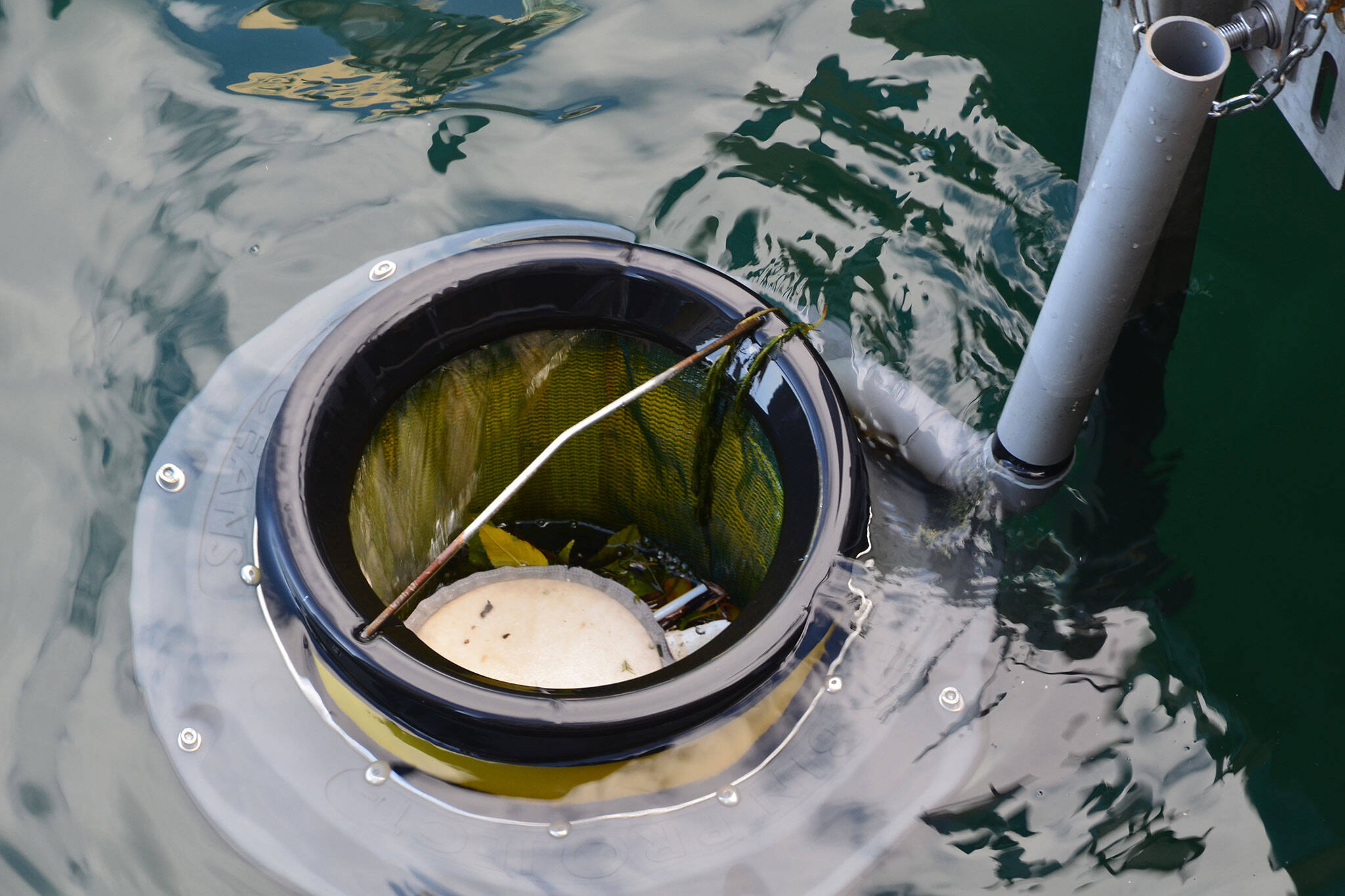
Sea-skimmers scooped a staggering amount of plastic from Toronto Harbour last year
I think we can all admit humans are a pretty disgusting species, laying waste to just about every natural feature we can get our hands on, including the majestic Great Lakes.
An estimated 19-21 million tonnes of plastic waste entered global aquatic ecosystems in 2016, a number expected to double by 2030.
The Great Lakes only represent a fraction of this much broader problem, but approximately 10,000 metric tonnes of waste flow into the massive inland freshwater bodies every year, threatening wildlife and drinking water, and our very own Toronto Harbour is no exception.
People are the unquestioned cause of this problem, but we may also prove to be the solution, researchers championing innovations like sea-skimming bins designed to scoop up the trash directly from bodies of water.
PortsToronto has collaborated with the University of Toronto's "Trash Team" (we promise that's a real thing) to bring a network of trash-trapping devices that look like floating garbage cans to Toronto Harbour every year since 2019.
The Seabin program's third phase was conducted at the Outer Harbour Marina over a seven-week stretch in 2021, and the findings reveal an astonishing amount of crap corralled from off our coast.
#MeetTheTeam – Our 2021 #Seabin field team included @UofTArtSci undergrads Ariba & Su’aad, who visited each bin to count and categorize the litter we diverted. They were led by our research specialist @cassnsherlock, who is now pursuing an MES at @UWaterloo! pic.twitter.com/C3lKrdDpJi
— U of T Trash Team 🦝 (@UofTTrashTeam) February 2, 2022
The program managed to divert a staggering quantity of floating waste from the lake, the individual Seabins capturing over 200 pieces of small plastic daily, the combined network capable of removing 33 kilograms of litter in a season, the equivalent of about 3,400 plastic water bottles, spread out across over 230,000 pieces of debris.
In addition to our reported findings of large and small items, our field staff also reported a few additional items that stood out. The plastic twister from a deodorant tube, a floss pick and even some items of #PPE, specifically 2 #disposable masks. @PortsToronto @TRCA_HQ pic.twitter.com/GRLhxmV2aG
— U of T Trash Team 🦝 (@UofTTrashTeam) February 3, 2022
Microplastics smaller than 5 mm are by far the biggest offender, according to the study, but items collected also included everyday urban trash like plastic packaging, food wrappers, bottle caps, stir sticks, and cigarette butts. Other items commonly found in the bins include foam and insulation products, along with pre-industrial plastic pellets.
Curious how we count what ends up in a #Seabin? After weighing the catch bag, we empty it to identify the large items. Then we separate the small items from aquatic plants using a “french press” method to push down the plants & float up the small #plastic. https://t.co/MS3r4v4R4Y
— U of T Trash Team 🦝 (@UofTTrashTeam) February 2, 2022
Other items commonly found in the bins include foam and insulation products, along with pre-industrial plastic pellets.
The program has drawn interest from other places around the Great Lakes, influencing the launch of similar programs to cut down on floating trash.
PortsToronto
Latest Videos
Latest Videos
Join the conversation Load comments







